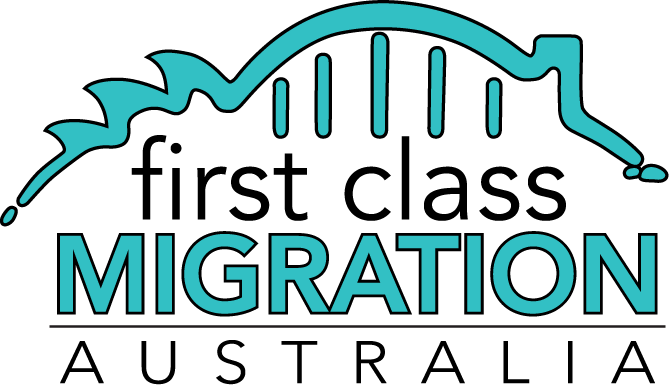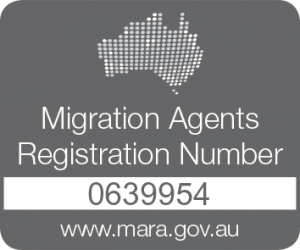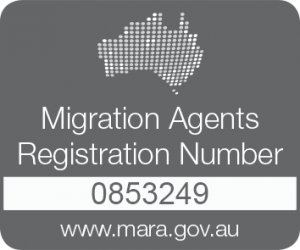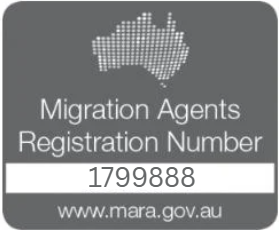Evidence of your relationship – Applying for 820/801 Partner Visa in Australia
Evidence of your relationship – Applying for 820/801 Partner Visa in Australia
The information in this post is a broad outline to help guide you at the early stages of your Partner Visa application. We highly recommend using a Registered Migration Agent to assist in the application process to ensure you meet all the necessary requirements. Remember, this is an expensive visa so make sure you get it right the first time round.
If you are making considerations to apply for an 820/801 Australian Partner Visa our number one bit of advice is DON’T RUSH IT! If you feel like you’re scraping together pieces of ‘evidence’ in hope of the department believing your relationship is genuine then you’re most likely applying too soon. You want to make sure all the boxes are properly ticked and that you have the best possible chance of the department granting your visa.
The Partner Visa (Subclass 820/801) is an onshore visa, therefore you must be in Australia at the time of application. This particular visa requires a significant amount of evidence in order to prove that you are in “a genuine and continuing relationship” with your partner. This is where it can get tricky and where a Registered Migration Agent can really come in handy. One question that all applicants ask is ‘is my evidence sufficient’? As this is a relatively grey area, professional advice will become invaluable and the best money you ever spend.
So why is your evidence so important?
Well ultimately this is what determines the eligibility of your 820/801 Australian Partner Visa and whether it gets granted or refused. The onus is on you to prove, in writing, to someone who has never met you or your partner, that you are in a committed, genuine and continuing relationship. Sound strange, well it kinda is!
Categorising the evidence to tell the story of your relationship:
The department of home affairs ultimately requires you to submit your evidence within the following 4 categories to prove your relationship is ‘genuine and continuing’:
- Financial aspects of your relationship
- Nature of your household
- Social aspects of your relationship
- Nature of your commitment
- Financial aspects of your relationship:
The focal point of this section is to show that you and your partner have shared financial matters. This can be in the form of a joint lease or mortgage documents, joint bank account statements, joint assets and joint household bills
2. Nature of the household:
This section is to show that you and your partner fulfil the requirement of cohabitation and to demonstrate how your household functions. You can illustrate this through any proof of how you share the general responsibilities around your home. Grocery shopping and general household tasks, who does the cleaning, shared bedroom etc.
3. Social aspects of the relationship
The purpose of this section is to prove that your relationship is acknowledged and accepted by others, in particular your friends and family. This can be through attending family functions and special events such as birthdays, weddings etc as a couple. Showing that you have close relationships with each others friends and family is important. As silly as it may seem, your Facebook relationship status can be deemed a vital piece of evidence as it shows your relationship is public.
4. Nature of the commitment
This part is to show that you are in a committed and ongoing relationship. Proof that you have intent to be in a long-term relationship with one another. To show that you have a good understanding of each others personal ‘beliefs‘ and circumstances, how you support each other emotionally etc. This can also be evidenced by any future plans you have together.
We hope this gives you a better insight and overview into the requirements for when applying for the Partner Visa (Subclass 820/801).
If you have any questions or require assistance for your Partner Visa Application in Australia, please feel free to get in touch with our team of highly experienced Registered Migration Agents





